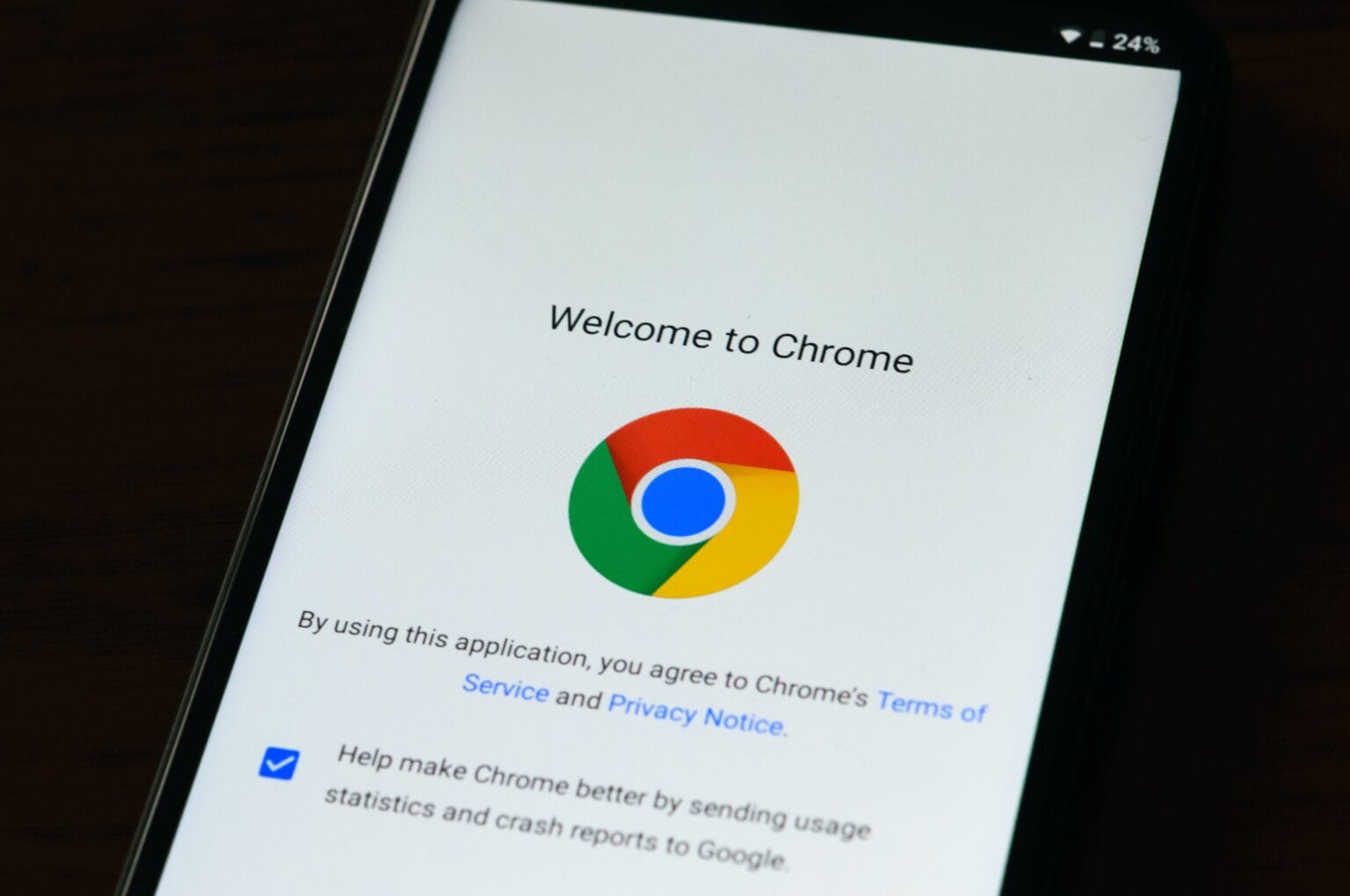Generative AI, which can produce human-like responses to written prompts, has gained popularity with examples such as Microsoft-backed OpenAI’s ChatGPT and Google’s chatbot Gemini. However, concerns about misinformation and fake news have accompanied its growing prominence.
Microsoft’s report to the European Commission highlights Google’s dominance in generative AI, attributing it to its vertical integration and access to extensive data resources, including self-supplied AI semiconductors and proprietary data from platforms like Google Search Index and YouTube. According to Microsoft, Google’s self-supplied AI semiconductors and proprietary data from platforms like Google Search Index and YouTube provide it with a competitive edge.
The report highlights the significance of Google’s access to YouTube’s vast repository of video content, estimated to have 14 billion videos. Microsoft argues that such unparalleled access to data enables Google to train its large language models effectively, positioning it as a leader in the field.
While acknowledging the advantages Google and Apple enjoy in the AI space, Microsoft also highlights the potential of new entrants and competitors. These companies, with their innovative approaches and fresh perspectives, have the potential to disrupt the AI landscape. Microsoft’s report aims to inspire hope and optimism about the future of the AI industry, where competition is not just limited to the established giants but also includes dynamic and innovative start-ups.

Microsoft defends such collaborations as essential for fostering innovation and competition by addressing regulatory concerns about partnerships between Big Tech companies and start-ups, citing examples like Anthropic, supported by investments from Google and Amazon, and France’s Mistral and Canada’s Cohere, backed by Microsoft, Salesforce, and Nvidia, respectively. The company cites projects like Anthropic, which received funding from Google and Amazon, as well as France’s Mistral and Canada’s Cohere, which received support from Microsoft, Salesforce, and Nvidia, respectively.
Microsoft strongly asserts that fostering pro-competitive partnerships in the AI sector is not just important but crucial for maintaining a healthy and competitive industry landscape. It is necessary to prevent vertical integration from leading to anti-competitive advantages. By promoting collaboration and investment in AI start-ups, regulators can play a pivotal role in supporting a more diverse and competitive industry landscape, thereby ensuring AI’s continued growth and innovation.
As EU antitrust regulators scrutinise Microsoft’s investment in OpenAI, the tech giant’s commentary reflects broader discussions surrounding competition and innovation in the rapidly evolving field of AI. With Microsoft and Google vying for dominance in generative AI, the regulatory landscape is poised for further examination and potential intervention to ensure fair competition and continued innovation.
